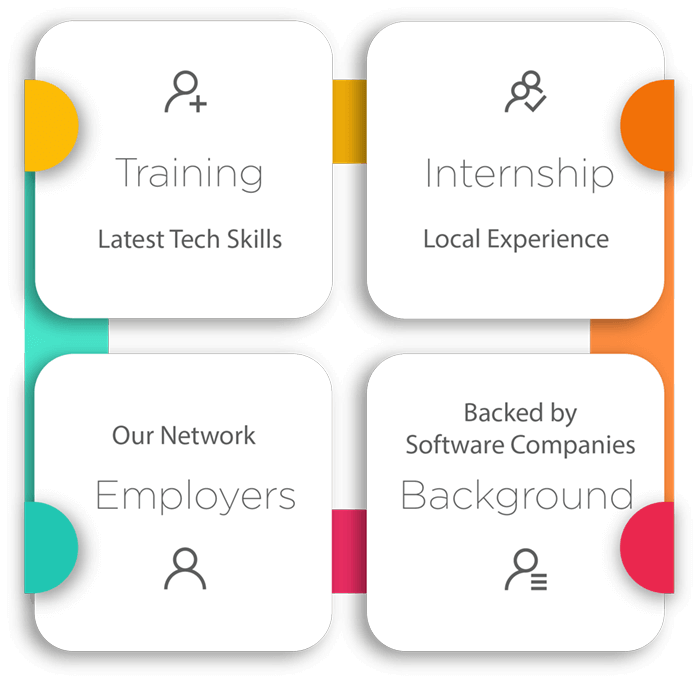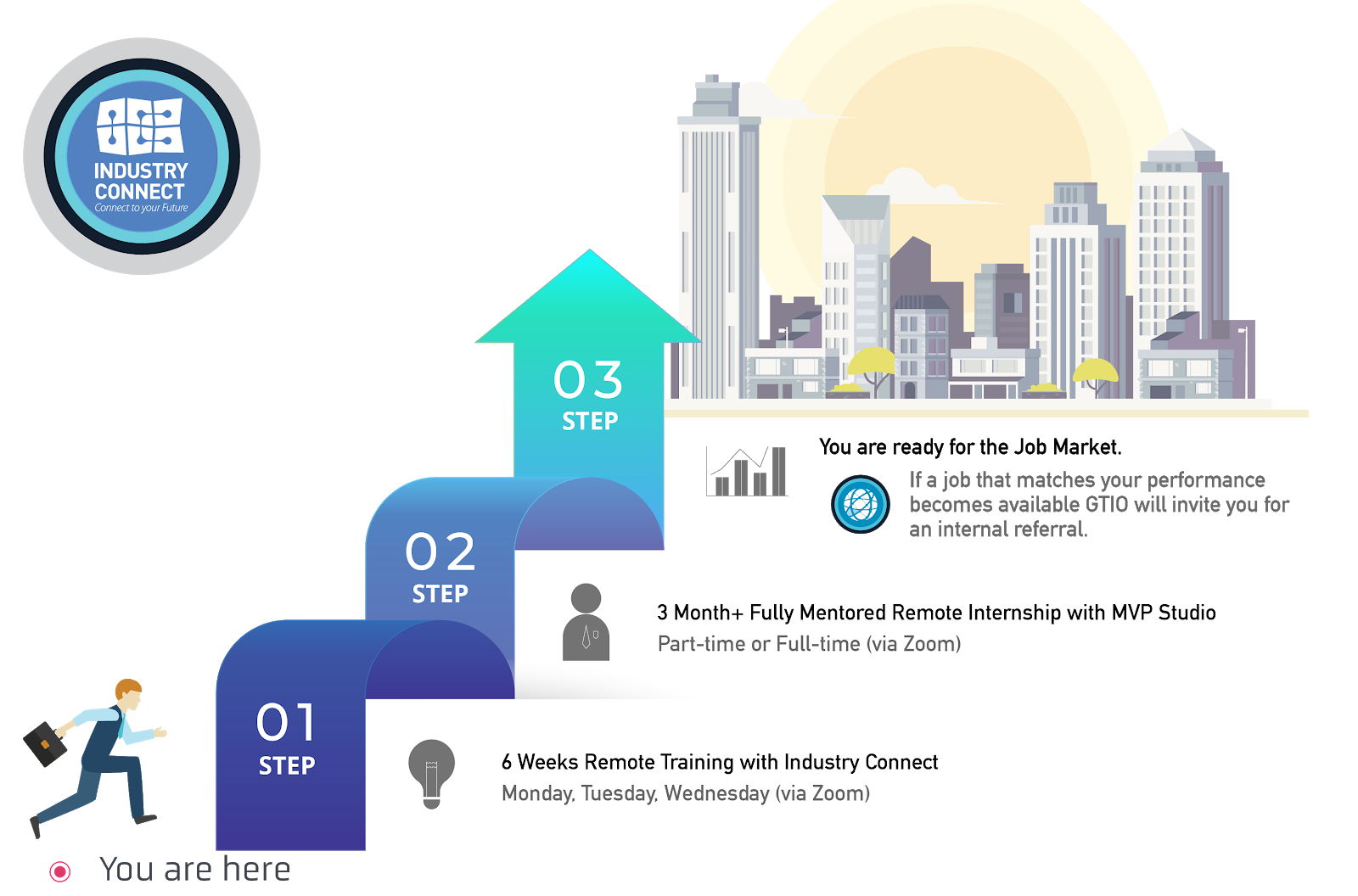Landing a job as a test analyst means a lot of things. It’s a mix of many different skills, attitudes and natural abilities. It’s not for everyone, and not everyone’s going to be great at it, but if you’ve got these following ten qualities, then you might have what it takes to become a successful test analyst.
Basic technical know-how
Like any industry, knowing the basics is 90% of the job. Like a mechanic who can strip an alternator down and rebuild it, it may be impressive, but if he can’t change a tyre he’s not a real mechanic. It’s the same in programming. Just because someone knows the latest mobile app development, doesn’t mean they have experience in HTML. A test analyst should know what <H2 > means
Ability to learn
The world of software development changes at such a rapid pace, everything we learn today may be useless in a couple of years. That’s why it’s important to be willing to learn and adapt to new languages and platforms. Those who can’t won’t last long in this business.
Knowing how to debug
When code doesn’t work as it should, a test analyst is expected to get to the root of the problem fast. Instead of spending hours blindly making changes, a good test analyst will carefully investigate his code and research possible issues until the answer is found.
Be a natural problem solver
The best test analyst tends to be good at solving problems. And we don’t mean math problems. Games, puzzles- anything there’s a pattern involved, a good programmer can see it, work it out, and fix the problem. No matter how “impossible” it may be.
Put in the extra hours
Software development isn’t a 9-5 job. Any test analyst will tell you that. Fixing code brings with it long, lonely hours, staring at a monitor, and drinking obscene amounts of coffee and/or red bull. Fortunately, most programmers find this description paradise, and do exactly this kind of thing in their spare time anyway.
Handle stress
It’s those extra hours that allow you to meet a deadline- and there’s always a deadline. When a client has put a lot of money into something, and there’s a launch date, it’s your job to meet it. But when things are working out, how are you going to handle the pressure? If you curl up into the foetal position and start crying, maybe a job as a test analyst isn’t for you.
See the big picture
It’s easy to get lost in one bit of code, but a good programmer will be able to see the bigger picture. They can see ideas for the scope of the software and will suggest different applications and ideas moving forward.
Take the highs with the lows
Failure in software development is a certainty. It’s going to happen. Every programmer at some point has spent hours on a piece of code, only to delete it all at the end because it wasn’t working. It’s frustrating, it’s time-consuming and it’s costly- but it’s going to happen. Getting up and moving on without taking it to hard is essential in a good programmer.
Ability to work in a team
The stereotypical image of a test analyst working alone in a dark room is nonsense. Even if you’re the only developer in the company, you’ll rarely work alone. Everyone from designers, clients, business owners, marketing and sales staff and of course other programmers will be working alongside you. If you’re not good working with others, then become a traffic warden.
These are just a few of the traits needed to be a great test analyst. Attention to detail is also important. For example, this article was titled ‘10 traits every test analyst should have’, and we only outlined nine. If you noticed, then give us a call today.
What is Industry Connect?
Industry Connect is an IT/Software Career Launchpad that has everything you need
to kick-start your IT/software career in AU, NZ, UK, IE, SG, HK, IN, ID, VN & PH.

We have been helping career changers, recent IT graduates and people with a career gap
to start their IT/software careers.
Over the years, we have helped hundreds kick-start an IT/software career.
(Verifiable evidences are available on this website)
OUR CORE
We are an innovative software training school backed by global/local software companies.
Our ecosystem is an incubation process that supports our participants until they launch
a tech career.

OUR PROGRAMMES
Our Job-Ready training programmes focus on:
- Software Development
- Business Intelligence (or Data Analyst)
- Test Analyst
PROGRAMME STRUCTURE
- Six Weeks Training Classes (Practical Tech Skills)
- Three Months (or more) Structured Internship on Large Commercial-Scale Projects (flexible hours)
- Employer Network (job analysis and internal referral if goals are met)
You can join us via Zoom (live face-to-face meeting) remotely from anywhere and
“download” the valuable knowledge & experiences from our tech experts across
different tech centres.
Watch 300+ Stories of Career Starters in IT/Software
- Career Changers & Switch to IT
- Recent Graduates
- People with a Career Gap
- New Software Developers
- New BI or Data Analysts
- New Test Analysts
Click the image to watch those who changed their careers to IT, had gap years and recent IT graduates.









